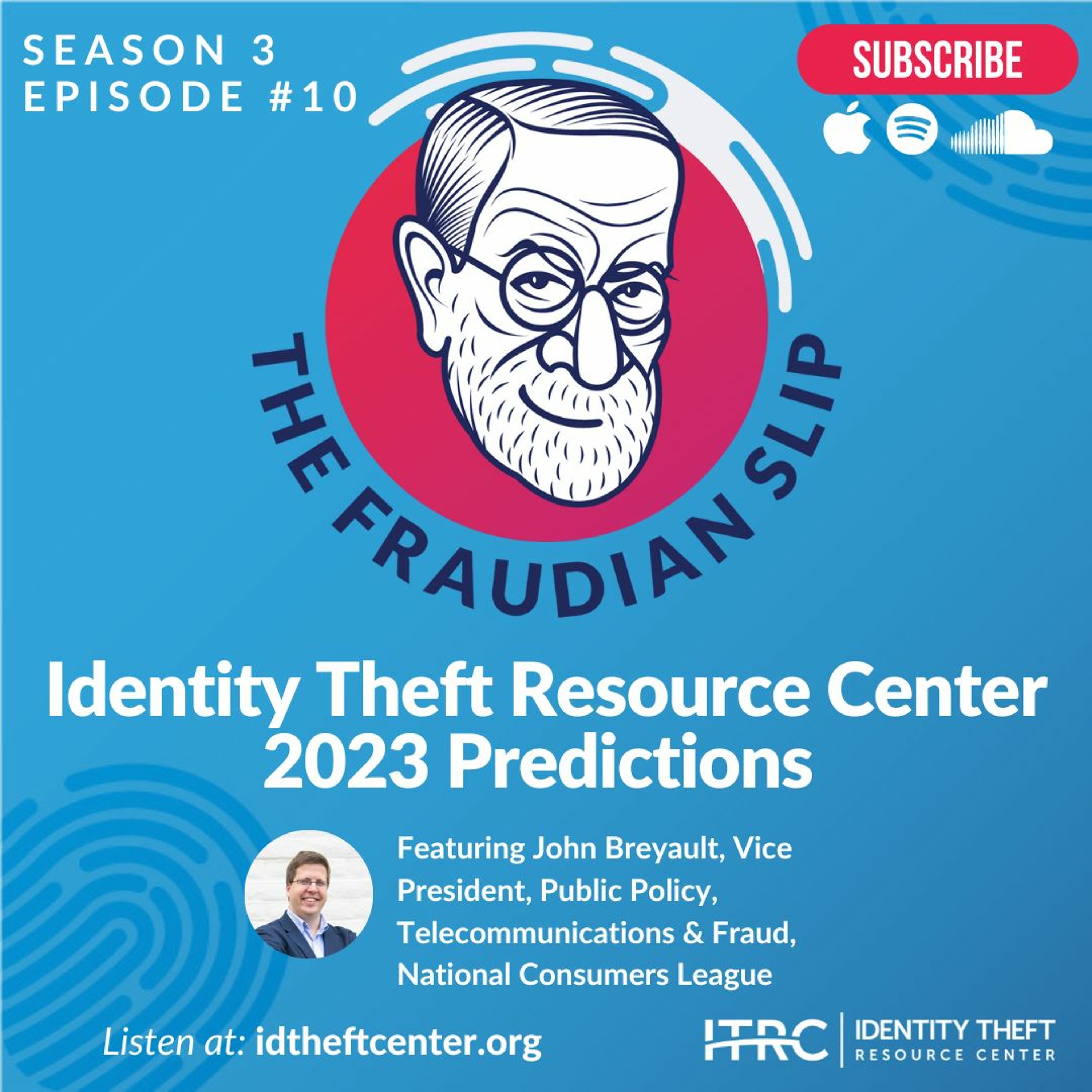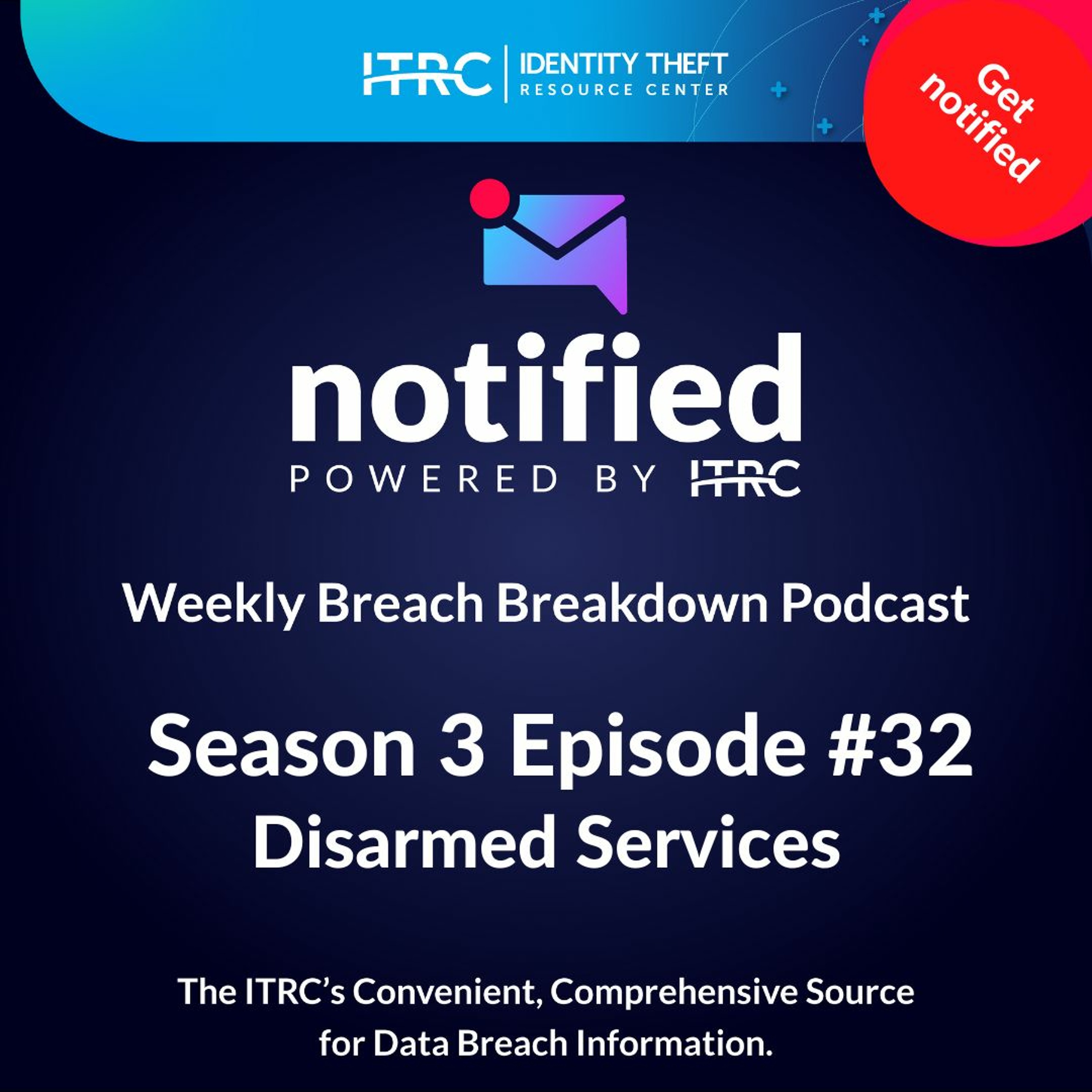Each week we take a look at the most recent events and trends related to data security and privacy. This week we’re focusing on one of those “ghosts in the machine” that make internet advertising work.
Show Notes
Follow on LinkedIn: www.linkedin.com/company/idtheftcenter/
Follow on Twitter: twitter.com/IDTheftCenter
Show Transcript
Selling Yourself
Welcome to the Identity Theft Resource Center’s (ITRC) Weekly Breach Breakdown for May 20, 2022. Each week, we look at the most recent events and trends related to data security and privacy. This week, we focus on one of those “ghosts in the machine” that make internet advertising work. Known as Real-Time Bidding, or RTB, this is the process by which information about your internet habits is scooped up, analyzed, and sold to direct ads to you by advertisers small and gigantic. In RTB marketing, advertisers bid for ad space in real-time – hence real-time bidding – to set the price per ad or per click on all the major web platforms, including Google, Microsoft, Facebook and others. It’s a $117 billion per year market in the U.S. and Europe (EU).
Have you ever wondered how a social media site knew to show you ads about your favorite vacation spot after you had searched for it on Google? You can be certain data about you was used as part of the RTB marketing process of tying web users to the places and things they like. How often are your personal habits served up to make sure you see that pair of Nike sneakers you want on every website you visit?
RTB Report Shows How Often Your Information is Shared Online
An Irish privacy and civil liberties group, The Irish Council for Civil Liberties (ICCL), published a report that gives us a clue. It’s a big number.
Based on information received from Google and Microsoft, the ICCL projects that RTB users track and share what people in the U.S. view online and their real-world location 294 billion times every day. Given the ICCL is based in the European Union, the organization also claims EU resident data is used for ad bids 197 billion times per day.
A few other stats about RTB marketing:
- On average, a person in the U.S. has their online activity and location accessed 747 times every day by advertisers.
- In the EU, advertisers access people’s data 376 times a day.
- Just short of 4,700 (4,698) companies use Google to access RTB data about people in the U.S. Microsoft has almost 1,650 (1,647) companies using their RTB ad platform.
- The ICCL estimates that U.S. internet users’ online behavior and locations are tracked and shared 107 trillion times a year, while Europeans’ data is exposed 71 trillion times a year.
Why the Big Difference Between the U.S. and EU?
You may be wondering why there is such a big difference between the U.S. and the EU, considering more people live in Europe than in the U.S. The short answer is the EU has stronger privacy laws that require consumer consent more frequently and strictly than in the U.S. In fact, as regular followers know, only five states currently have privacy laws that give consumers greater access and control over who collects their personal information for advertising and marketing purposes and how it is used, sold, or shared and stored. The other states, territories and federal government do not have comprehensive privacy laws.
That consent issue is one concern the ICCL is raising about RTB and RTB marketing. Data security is another. The group argues that high velocity, massive scale trading of people’s data to place ads is inherently insecure. The ICCL goes so far as to equate the amount of data flying around the internet under the guise of RTB as the equivalent of a massive data breach.
What You Can Do
If you’re concerned about the collection and use of your personal information while you travel the internet due to RTB marketing, research which of the major web browsers is right for you. Google Chrome and Microsoft Edge offer basic protections; Apple, Safari and Mozilla Firefox provide advanced protections; DuckDuckGo offers the highest level of privacy protection. Don’t forget about your mobile devices – they can share as much or more information as your laptop or desktop computer.
Contact the ITRC
If you want to learn more about protecting yourself or your business from identity crimes, or if you think you have been the victim of an identity crime or compromise, visit our website at www.idtheftcenter.org. You can speak with an expert advisor on the phone (888.400.5530), chat live on the web, or exchange emails during our normal business hours (Monday-Friday, 6 a.m.-5 p.m. PST).
Be sure to listen to the latest episode of our sister podcast, the Fraudian Slip, where we talk with Nuance about the risks and benefits of biometrics. We will be back next week with another episode of the Weekly Breach Breakdown.
Listen On
Also In Season 3
-

The Fraudian Slip Podcast ITRC - P2P Fraud
Welcome to the Fraudian Slip…the Identity Theft Resource Center’s podcast where -

The Fraudian Slip Podcast ITRC - 2023 Predictions
Welcome to the Fraudian Slip…the Identity Theft Resource Center’s podcast where -

The Weekly Breach Breakdown Podcast by ITRC - Disarmed Services - S3E32
Welcome to the Identity Theft Resource Center’s Weekly Breach Breakdown for Nove -

The Weekly Breach Breakdown Podcast by ITRC - Scraping By - S3E31
Welcome to the Identity Theft Resource Center’s Weekly Breach Breakdown for Nove
